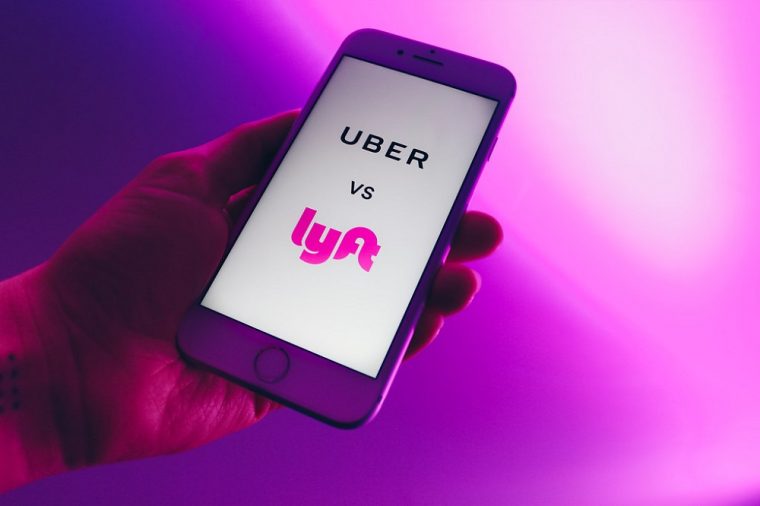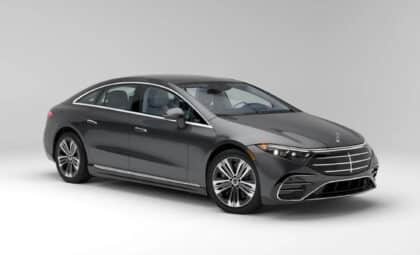
Uber boasts incredible name recognition over ride-sharing competitors, approaching Kleenex levels of eponym notoriety. However, in the wake of a wave of scandals dating as far back as 2010 — when the company received its first cease and desist order — many riders have begun to prioritize San Francisco-based competitor Lyft.
Lyft, which was founded in 2012 and is now worth an estimated $15 billion, has wasted no time in capitalizing on Uber’s history of bad press to position itself as the societally aware, or “woke,” option for people looking for a way to get home responsibly.
Ready for a new ride?: Pick the right car
To put a long story short, Uber has been accused of countless corporate and workplace issues, including lawsuits regarding stolen technology and sexual harassment. Moreover, the company has been infamous within the tech industry for its “ass—- culture” and the sordid exploits of its former CEO Travis Kalanick.
Uber has also drawn harsh criticism for what many consider to be shady policies and misuse of their technology. For instance, Uber used an internal software tool called Greyball to cancel rides requested by certain individuals. After an investigation by The New York Times, it came to light that the company was systematically avoiding giving rides to law enforcement officers in cities with stricter-than-normal regulations. Similarly, they used another internal program, the “unexpected visitor protocol,” to turn off, lock, and change passwords on employee computers in the event of a police raid.
On top of that, Uber has been accused of using the GPS function of their mobile app, known as “God View,” to recreationally track customers, with particular attention being paid to prominent journalists and politicians.
This and the over two dozen other controversies have led to several “delete Uber” movements.
Conversely, Lyft’s founders and CEO have been implicated in no such scandals, and the company’s marketing rhetoric has leaned heavily into ideas like inclusion and social awareness; partnering with the Walt Disney World Resort, supporting the expansion of bike-sharing and electric scooter networks, and donating one million dollars to the American Civil Liberties Union. Surveys have even shown that, on average, Lyft drivers are happier than their Uber counterparts.
Drive happy: Drive a Nissan
Some of Lyft’s status as the ethical alternative probably comes from the fact that it’s almost impossible it not to look better than Uber in a direct comparison. Most of the negative press they’ve received has come from the (perfectly legitimate) criticisms of the ride-sharing industry at large, like subpar pay for drivers, a lack of sufficient background checks to keep passengers safe, and the general hypocrisy of claiming to love drivers while frantically trying to replace them with self-driving vehicles.
Despite its issues, ride-sharing is undeniably appealing to consumers, drivers, and investors, so I doubt we’ll be seeing its popularity dwindle any time soon. If Lyft can keep its hands clean, it has a real chance to become the new leader of the industry.
The News Wheel is a digital auto magazine providing readers with a fresh perspective on the latest car news. We’re located in the heart of America (Dayton, Ohio) and our goal is to deliver an entertaining and informative perspective on what’s trending in the automotive world. See more articles from The News Wheel.










